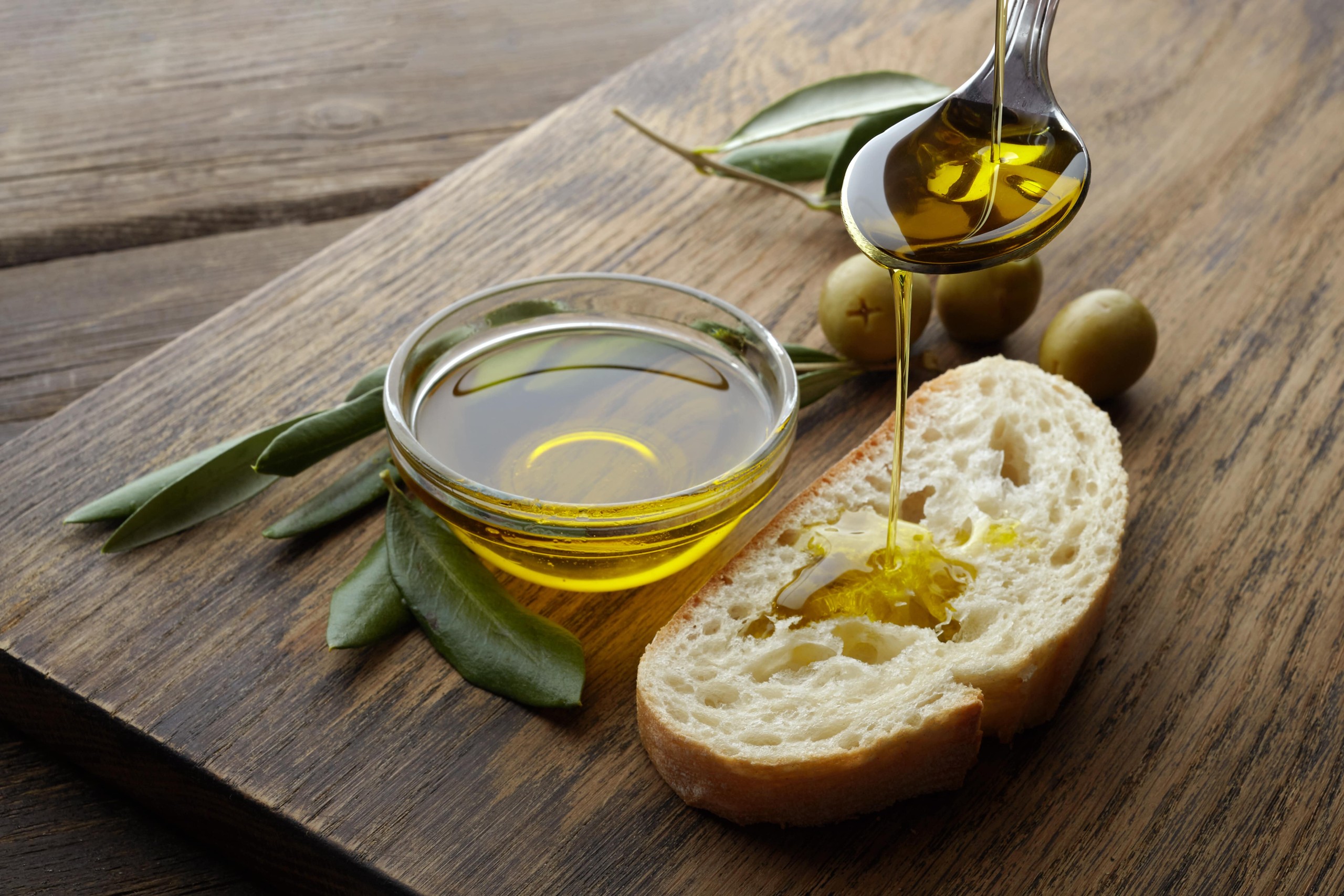The Importance and Cultural Value of Olives and Olive Oil in Gastronomy
Olives and olive oil have been indispensable elements of Mediterranean cuisine for centuries. They have gained popularity around the world due to both their taste and the health benefits they offer. Their importance in gastronomy and cultural values have shaped people’s eating habits and lifestyles throughout history.
The Taste and Diversity of Olives and Olive Oil
Olive is a fruit that has a unique flavor and a salty, slightly sour taste. It comes in a variety of colors, including green and black, and each has a different flavor profile. Green olives generally have a milder and sour taste, while black olives offer a more intense taste. Certain varieties, such as Kalamata olives, are known for their distinctive aroma.
Olive oil offers a fruity taste and pleasant aroma. Extra virgin olive oil is the highest quality and natural olive oil and is preferred to be consumed raw. Riviera butter has a mild fruit flavor, while oil has a more intense flavor profile. This diversity allows olives and olive oil to be used in different dishes, each adding a unique flavor.
Health Benefits
Olives and olive oil are rich in unsaturated fatty acids and support cardiovascular health. Components such as oleic acid and polyphenols have antioxidant properties and protect the body against the harmful effects of free radicals.
They have also been associated with lower cholesterol levels and are recommended as an important part of a healthy lifestyle.
Versatility in the Kitchen
Olives and olive oil can be used in a versatile way in the kitchen. Olive oil is an ideal option for many processes such as cooking, frying, sautéing and baking. It is also an indispensable part of salads, appetizers, sauces and marinades. Olives, on the other hand, are a delicious complement to a variety of dishes and snacks, as well as meals such as cheese plates and pizza.
Cultural and Historical Values
The olive tree and olive oil have a history of thousands of years in Mediterranean and Middle Eastern countries. In these geographies, olive trees and olive oil have great cultural, social and economic importance. The olive tree is considered a symbol of fertility, peace and prosperity and is traditionally among the inheritances of families.
Olive oil production and trade have played an important role in the economic development and trade of these regions.
Olives and olive oil have a unique place in gastronomy. Because they are valuable both for their taste and health, they are frequently preferred in world cuisines and are an indispensable part of various dishes. They also have great cultural and historical importance and have shaped people’s lifestyles and eating habits.



